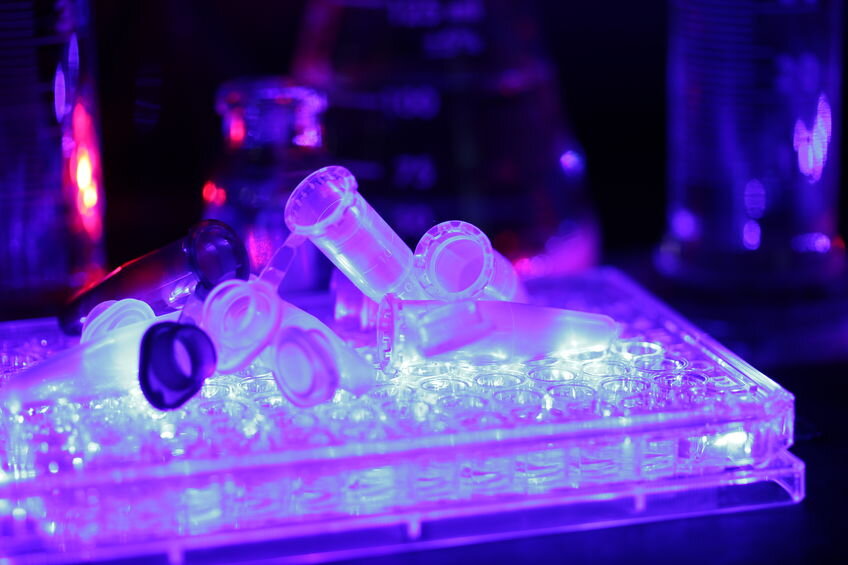Even though it’s not possible to predict where the science will lead, we can promise that life science discoveries will serve humankind well into the future. Circularization strategies economize science and responsibly limit our impact on nature. This green lab tip highlights a few resources for free lab materials and equipment. Let’s keep life science research and education going strong!
Read MoreThe Ways Fly labs Go Green
Drosophila researchers around the world have taken steps to green their lab operations while maintaining good laboratory practices. These efforts include preventing material waste, energy conservation, and leveraging the attributes of this model organism to reduce the need for testing in mammalians. We hope you are inspired by the initiatives of these green labs!
Read MoreLab Reuse Strategies to Reduce Carbon Footprints
The shift to single-use plastics has grown dramatically in life science over time. Excitingly, a new study shares evidence that a balanced approach of reuse and single-use labware can reduce environmental impacts and costs.
Read MoreHow to start a micropipette repair program
Repairing micropipettes conserves science funding, reduces lab waste downstream, adds operational resilience for research, and is better for the environment. Learn the steps to setting up a pipette repair shop in this green lab tip from the first university in the world to attain 100% green labs, the University of Bristol!
Read MoreLoad bulk pipette tips into racks faster
Reusing pipette tip boxes by refilling pipette tips purchased in bulk and autoclaving has been going on in green biology labs forever. The drawback is the time it takes. Cheers and credit to easylabsolutions on youtube for demonstrating this 3D printed device!
Read MoreUV disinfection in life science labs
Since many biology labs are working at limited capacity due to COVID-19 , I wondered if any of the UV disinfection technologies used in the healthcare sector could improve safety and sustainability in biology workspaces. To consider any practical options, I dug up some recent studies and spoke with the Director of the University of New Hampshire Environmental Engineering Research Group, James Malley Ph.D., who is a respected expert on UV theory and practice. It turns out that there are strict scenarios for UV technology to improve safety and sustainability.
Read More




